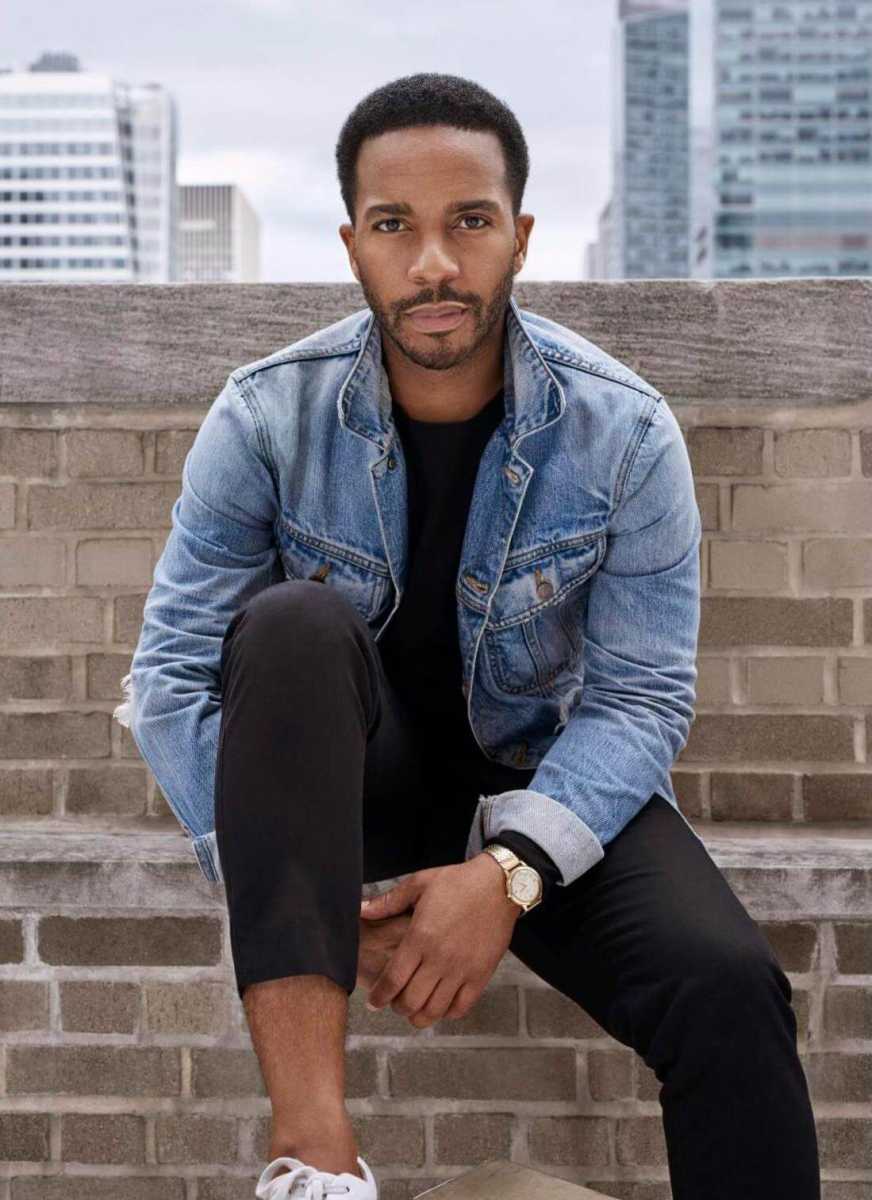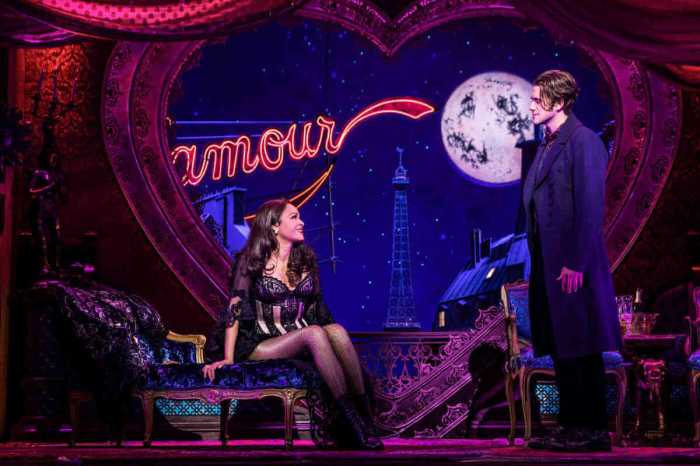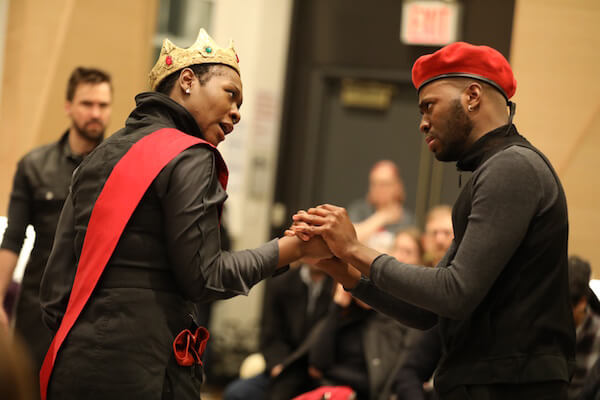Shakespeare in the Park is always one of the most-anticipated theatrical events of the New York summer. Sadly, for the first time in nearly 60 years, this event was cancelled due to the pandemic. It was doubly disappointing because The Public had decided to stage “Richard II,” which though one of the lesser-performed plays is one of the Bard’s most poetic and lyrical among those historically themed. Indeed, it is the only one of his plays written completely in verse.
The production would have followed in the Shakespeare-as-agitprop productions that have enlivened the Delacorte during the Trump era beginning in 2017. Previously, we had the in-your-face “Julius Caesar” that year which drew nationwide protests for a Caesar dressed like Donald Trump; the subtler, Elizabethan production of “Othello” in 2018 that portrayed the Moor as a credulous fool; and last summer’s galvanizing “Coriolanus” that featured an arrogant, intemperate leader whose ego is his own undoing. So, I was champing at the bit to see how they would treat the story of an effete, ineffectual, and easily manipulated monarch more concerned with his right to be king than actually ruling. In the play, Richard, deposed by Bolingbroke, does finally find his humanity, so there is that difference from our current national predicament.
If four centuries teach us anything, however, it’s that no matter what crises may befall the world, Shakespeare will find a way, and The Public in conjunction with public radio station WNYC decided to mount the production as a radio play that is now available as a free podcast.

While nothing really replaces the value of seeing these plays on stage, the radio version is remarkably successful. Under the direction of Saheem Ali and with a wonderful cast of voice actors, all of whom were slated to appear on stage in the park, the play is vibrant and exciting, and the medium allows the language to resonate in all its beauty. Ali has made a judicious cutting of the original text, for the most part abbreviating speeches for length and excising Shakespeare at some of his most epigrammatic — but still leaving all the most famous speeches intact. It’s a wise choice, allowing images to take shape in the listeners’ minds of things that cannot be shown. It’s really not that far from Shakespeare’s original, scant production values.
Ali has conceived the production as a meditation on power, revolution, the deposing of a king, and the rise of a power intended to heal the country. Casting a Black man as Richard II (André Holland) and a Black woman as Bolingbroke who deposes him (Miriam A. Hyman) demands that the listener hear the play in the context of our current culture. It’s a powerful choice that gives the play a compelling immediacy as it relates to race, gender, power (seized and tenuous), and agency.
The play has been divided into four, hourlong parts, each bookended with criticism and commentary from scholars and the actors. For newcomers to the work, these provide a valuable context for understanding and appreciating the play as well. This format is also fodder for discussion at home or in an academic setting.
As for the play itself, listening to the fine cast was a treat. The voices are clear and distinct with a keen understanding of Shakespeare’s cadences. In addition to Hyman and Holland, the cast includes excellent performances from Stephen McKinley Henderson, Claire van der Boom, Estelle Parsons, Dakin Matthews, and Elijah Jones. It is narrated and introduced by Lupita Nyong’o. The production was apparently recorded over Zoom, but the sound quality is remarkably good — likely due to post-production enhancement from the team at WNYC.
The acting has been well-adapted to the format as well. Holland and Hyman, in particular, speak with authority and nuance, imbuing their characters with dimension and passion. In the later scenes, and especially in Richard’s long speech — almost an aria — in Act Five when he is in prison, Holland brings honesty and humanity to his character that evoke empathy. Just by virtue of the fact that hers is a woman’s voice, Hyman invites us to hear Bolingbroke anew. Bolingbroke is assured of his cause, and yet having gained the crown, the question of to whom it truly belongs hangs over the last lines of the play. That is the very question that begins the next play in the chronicle, “Henry IV, Part 1” which opens with Henry saying, “So shaken as we are, so wan with care,/ Find we a time for frighted peace to pant.” In “Richard II,” Hyman brilliantly ends the play on a note of tension like an unresolved chord, both disquieting and theatrical.
It’s disappointing, of course, not to have seen this production on stage, but the benefit is that in this format it will live on long beyond a summer run. True to Joseph Papp’s vision of making Shakespeare accessible to everyone, this is a production that can define this play for a new generation. The company and the producers appropriately dedicated the production to the Black Lives Matter movement.
As presented, this “Richard II” is rewarding for those of us who are decidedly Shakespeare geeks (I spent teenage Friday nights listening to “Hamlet” on records) and at the same time is engaging for those who are newcomers to the Bard’s work and to this one in particular. Most fulfilling of all is that it demands that the audience truly listen and reflect on what they’re hearing, something we could all practice a lot more of these days.
My advice: download this and head to your favorite park to immerse yourself in “Richard II.” But also look forward to when we can all be together at the Delacorte again.
RICHARD II | Free Shakespeare on the Radio | A co-production of The Public Theater and WNYC | Free | Download it at wnycstudios.org/podcasts/free-shakespeare-podcast-richard-ii/episodes




































